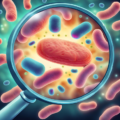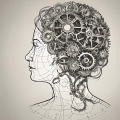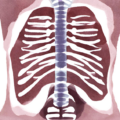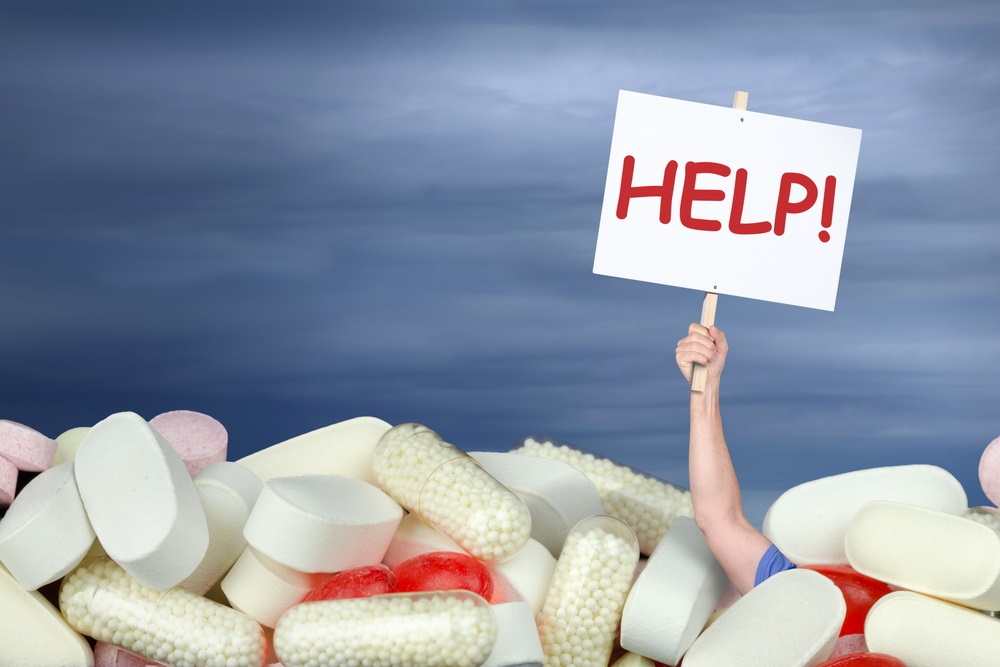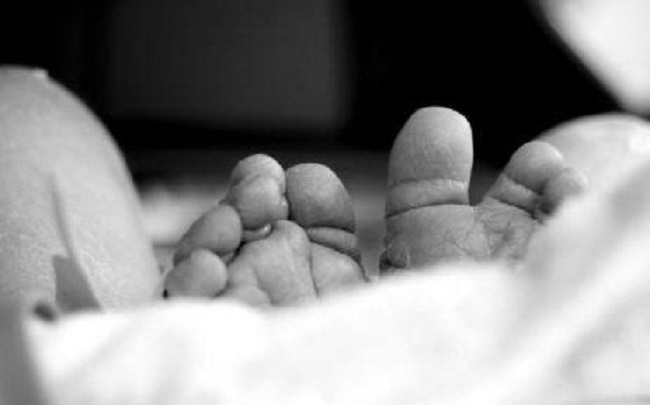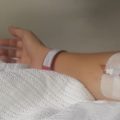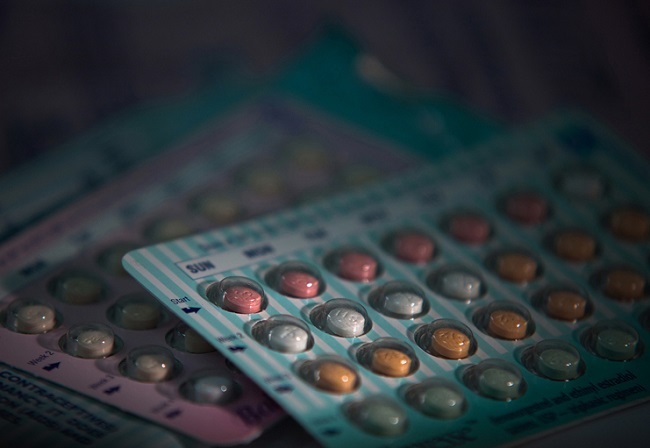When a woman experiences fatigue, brain clouding, flat mood, PMS, and constipation, we call it anxiety or stress and we stick her on an antidepressant that she will likely take for the rest of her life. Where in this protocol have we investigated why she is feeling that way? How have we personalized the treatment to her unique biochemistry? What is the plan for side effects including new and different psychiatric symptoms resulting from this prescription? We haven’t. We’ve applied a one-size-fits all treatment to mask symptoms without consideration for the cause.
The Immune System and Depression
Psychiatry has known about the role of the immune system in certain presentations of depression for the better part of the last century, and more recently, pioneering thinkers like Maes, Raison, and Miller have written about the role of altered immune set points and inflammation in models of depression. Our immune systems are largely housed in the gut and the interplay between the gut and the brain is a complex and profoundly important relationship to appreciate.
We all recognize that anxiety or nervousness can impact our guts – most of us have had butterflies before a date or even diarrhea with extreme performance anxiety? We are just learning that this relationship is bidirectional; however, and that the gut can also communicate its state of calm or alarm to the nervous system. We think that the vagus nerve is a primary conduit of information and that inflammatory markers are the vehicles traveling this highway. Scientists have studied the “protective effects” of severing this nerve when animals are exposed to gut-related toxins that normally cause depressive symptoms. We are getting ahead of ourselves; however, because we need to better elucidate why inflammation matters, where it comes from, and why it is the universal driver of chronic illness.
How Does Inflammation Start?
When a woman feels foggy, run-down, easily overwhelmed, and flat, we know that her hormones as messengers between her gut and brain are out of balance. From my perspective; however, hormone derailment is a downstream effect of cellular dysfunction from oxidative stress and inflammation. Inflammation stems from many sources, including, hallmarks of the modern American lifestyle:
- Sugar. Sugar, particularly in the form of fructose and sucrose, spikes insulin and triggers release of inflammatory cytokines. It forms advanced glycation endproducts when it binds to proteins, and oxidizes lipids which form cell and mitochondrial membranes.
- Chemicals. Pesticides, environmental pollution from industrial waste, hormonally-modulating plastics, fire retardants, and cosmetic additives all stimulate our immune systems to varying extents and disrupt optimal production of energy on a cellular level, particularly in vulnerable tissues like the thyroid.
- Pathogens. The aforementioned culprits, and notably herbicides, gluten grains, and genetically modified foods, promote intestinal permeability, changes in our intestinal flora that facilitate growth of pathogenic bacteria, yeast, and fungus which keep our immune systems in a state of alarm,
- Stress. This catch-all term, broadly defined, represents the ultimate link between hormones and inflammation, because stress, whether it’s psychological or physiologic, triggers the release of cortisol. Cortisol helps to mobilize blood sugar so that you can run effectively and efficiently from that tiger chasing you. It also acts as a systemic immune suppressant, lowering levels of secretory IgA, an important body guard of the gut mucosa.
Cortisol and insulin are like stress-response sisters, and high cortisol states will also contribute to insulin resistance, or high insulin and high sugar while the cells, themselves, are starving. Insulin protects fat storage (inhibits lypolisis), and fat cells secrete their own inflammatory signals in addition to aromatizing testosterone to estradiol contributing to states of estrogen dominance, while also increasing DHEA and androgens to fuel that process (as well as acne, hair growth, and agitation).
Cortisol also inhibits the conversion of storage thyroid hormone to active hormone leading to states of hypothyroidism even with normal-looking labs.
What Does Inflammation Do?
Once inflammation is active, it is highly self-perpetuating. These inflammatory cytokines travel throughout the body causing oxidating stress to the fragile machinery of the tissues and mitochondria, specifically. In the brain, inflammation serves to shunt the use of tryptophan toward production of anxiety-provoking chemicals like quinolinate, instead of toward serotonin and melatonin. They produce a replicable collection of symptoms called “sickness syndrome”, noted for it’s overlap with “depressive” symptoms: lethargy, sleep disturbance, decreased social activity, mobility, libido, learning, anorexia, and andhedonia. Psychiatric researchers have observed that patients with higher levels of inflammatory markers (like CRP) are less likely to respond to antidepressants, and more likely to respond to anti-inflammatories.
Where Do We Begin to Heal?
How is any of this good news? This approach to chronic illnesses like depression views it as a complex, non-specific symptom reflecting a state of bodily disharmony. It isn’t that you were born with bad genes or low serotonin. It is far more likely that you are experiencing an unhealthy inflammatory balance, driven by cortisol dysfunction, and stemming from a sick gut. We can come at modifying your system from many angles, but here is a basic starter kit:
- Exercise – Burst exercise is my primary recommendation. It is the most bang for your buck in terms of cardiovascular benefit and specifically enhancing mitochondrial health because it puts a special kind of stress on the body when you move to your max for 30 seconds that then recover for 90. I recommend 8 intervals 1-3x/week.
- Meditation – The effects of stimulating the relaxation nervous system, even through listening to a 20 minute guided meditation, can be far-reaching. Enhanced genomic expression of anti-inflammatory genes and suppression of inflammatory ones was demonstrated in this study.
- Diet – I recommend a diet that controls for glycemic fluctuations through elimination of refines carbs and grains, and through high levels of natural fats to push the body to relearn how to use fats for fuel. This is the brain’s preferred source. I discuss some therapeutic foods here.
- Strategic supplementation – Natural anti-inflammatories like polyunsaturated fats (evening primrose oil and fish oil), curcumin (the active component of turmeric), and probiotics to name a few, can help promote a synergy of beneficial effects from the above interventions.
In my practice, despite some suggestion that antidepressants may actually be having their effect through an anti-inflammatory mechanism, these medications have become obsolete. An appreciation of the role of inflammation and immunity in driving hormonal imbalance which directly impacts mood, energy, and wellness, is at the core of personalizing the definition of “depression”. Don’t be lured into the simplicity of a one disease-one drug model. There’s no room for you in that equation.
About the author. Dr. Brogan is an M.I.T/Cornell/Bellevue-trained psychiatrist specialized in holistic women’s health. She is a mother of two and has a busy practice in Manhattan. A passion for understanding the intersection between health, nutrition, and the environment are the bedrock of her wellness approach with patients and at home. Visit her site at: Kelly Brogan, MD, Holistic Women’s Health Psychiatry.
References
Inflammation and its discontents: the role of cytokines in the pathophysiology of major depression. Miller et al Biol Psychiatry. 2009 May 1; 65(9): 732–741.
Cytokines and cognition – The case for a head to toe inflammatory paradigm. Wilson et al. JAGS 50:2041–2056, 2002.
A randomized controlled trial of the tumor necrosis factor antagonist infliximab for treatment-resistant depression: the role of baseline inflammatory biomarkers. JAMA Psychiatry 70:31–41.

